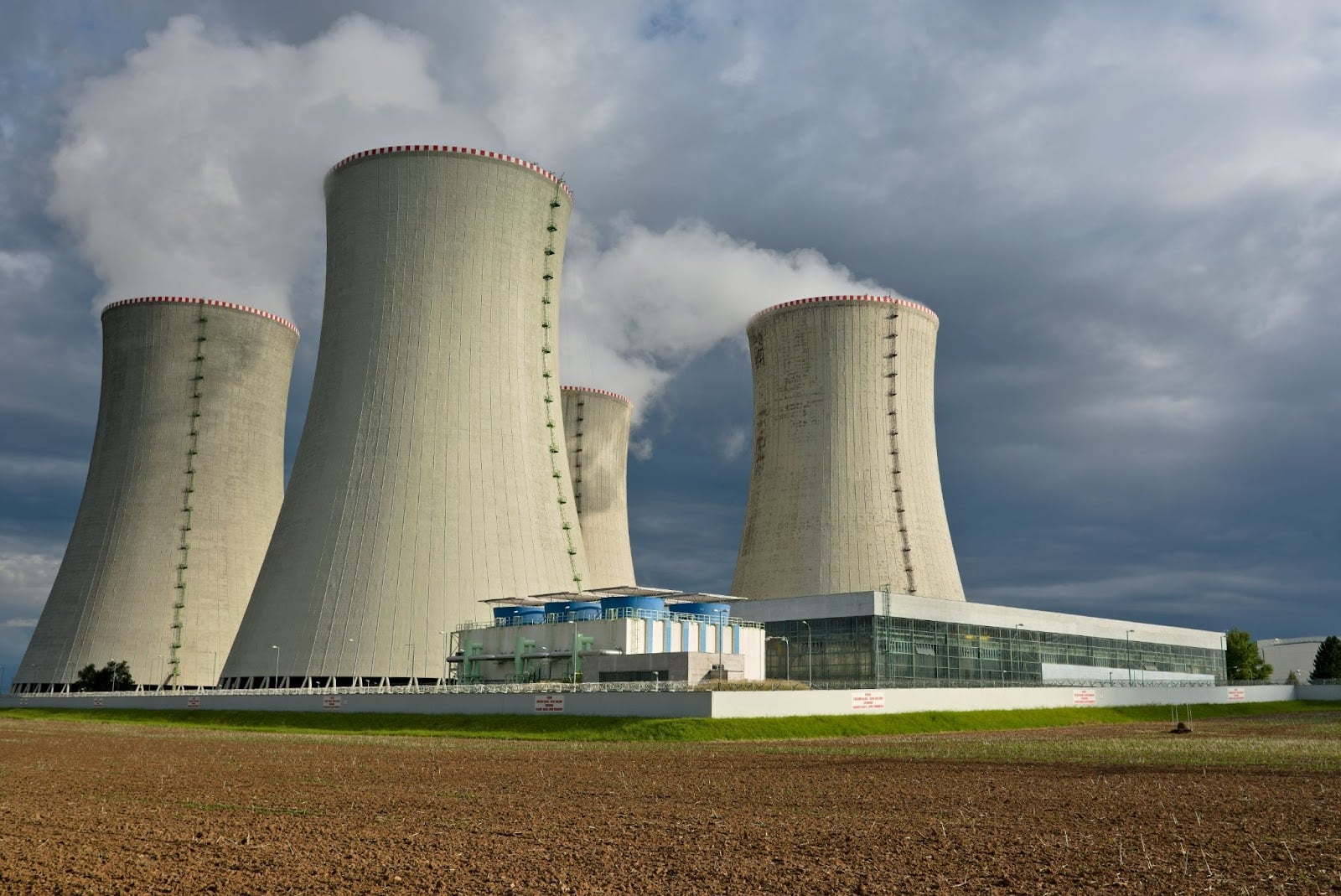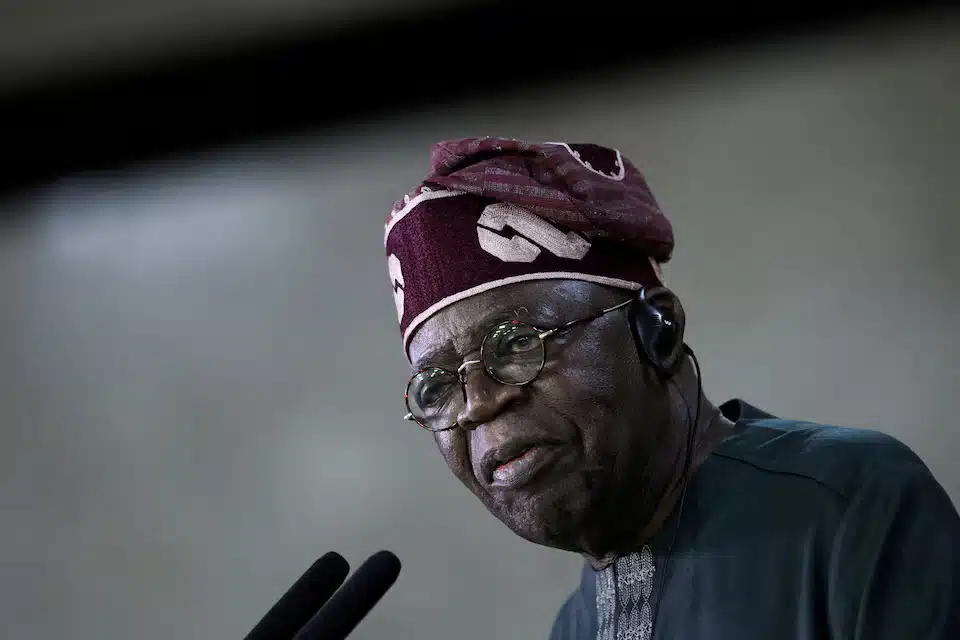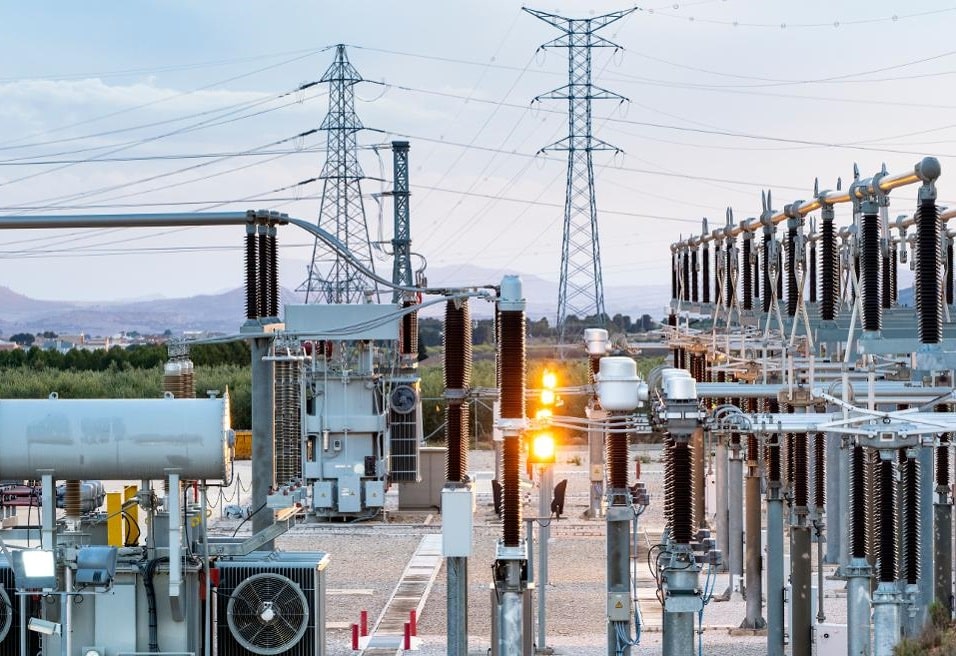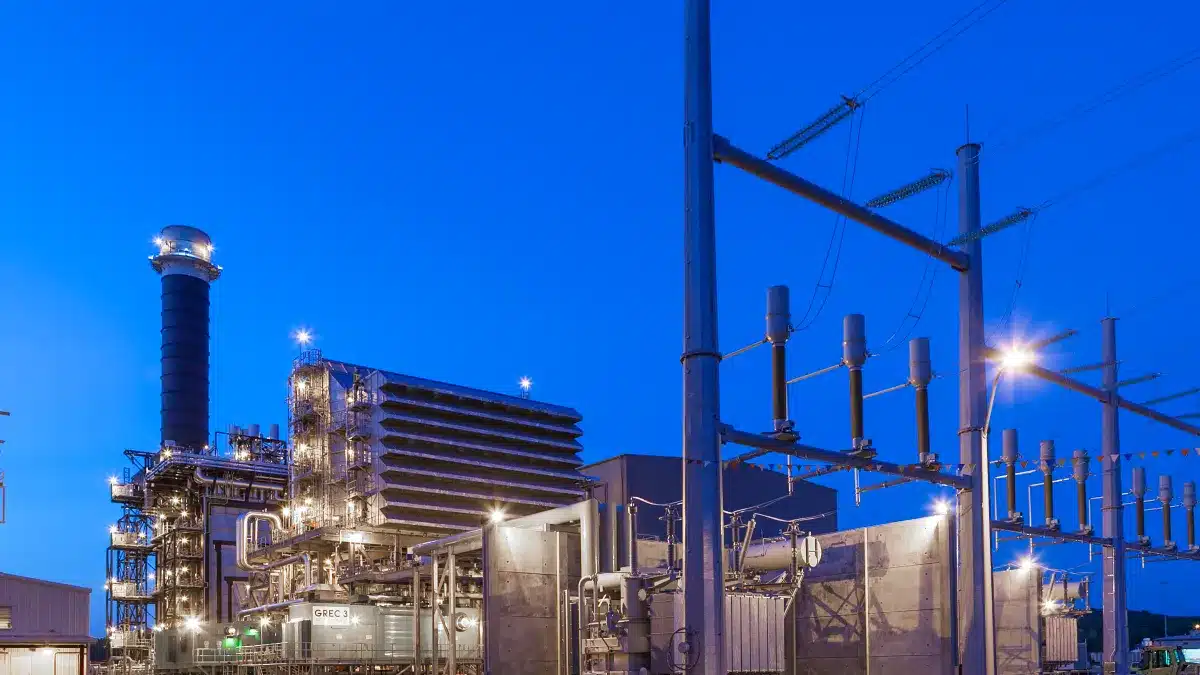Russia has signed an agreement with the Ethiopian governmentto build the first-ever nuclear power plant in Ethiopia, marking a major step in the country’s push for nuclear energy.
The deal was formalized during a forum, where Aleksei Likhachev, General Director of Rosatom, and Ashebir Balcha, CEO of the Ethiopian Electric Company, signed an action plan for the project’s development and construction.
Under the agreement, both countries will develop a detailed construction plan and a “road map” that outlines the technical and economic foundations of the facility.
An intergovernmental accord is also part of the agreement, paving the way for regulatory and support to ensure the project progresses.
The initiative will also include training programs for Ethiopian staff to operate the plant.
These programs aim to equip local personnel with the expertise required to manage the facility efficiently, laying the groundwork for the country’s emerging nuclear sector.
Ethiopia’s nuclear push comes amid rising electricity demand and the need to reduce reliance on hydropower.
By investing in nuclear technology, Ethiopia aims to strengthen its renewable energy mix and provide a more reliable electricity.
Russia’s role in Ethiopia’s energy future
Rosatom, Russia’s state-owned nuclear corporation, will provide technical support and guidance throughout the construction and operational phases.
The collaboration highlights Russia’s growing presence in Africa’s nuclear energy sector.
It also gives Ethiopia access to advanced nuclear technology, ranging from reactor design to safety measures.
The partnership also opens opportunities for further cooperation in energy research and workforce development.
By sharing knowledge and skills, Russia aims to boost Ethiopia’s technical capacity, enabling it to manage nuclear facilities independently long-term.
Regional partnerships
Moreover, other countries in the region are deepening cooperation with Russia in the nuclear energy sector.
Namibia’s President Netumbo Nandi-Ndaitwah recently met Russian Deputy Prime Minister Yury Trutnev to strengthen energy partnerships.
According to Alfredo Hengari, the President’s press secretary, Namibia is keen to leverage its resources while benefiting from Russia’s expertise in nuclear technology.
Meanwhile, South Africa is exploring partnerships with Russia and Iran to expand its civilian nuclear capacity.
The country aims to add 2,500 megawatts to its existing nuclear infrastructure, partly to address persistent electricity outages that have hindered economic growth.
This move also seeks to reduce emissions and modernize South Africa’s energy mix.
The push for nuclear expansion comes amid geopolitical tensions.
South Africa’s engagement with Russia occurs in the context of strained relations with the United States, potentially affecting the renewal of strategic energy agreements.
As African countries like Ethiopia, Namibia, and South Africa accelerate nuclear projects, the continent could see a significant transformation in its energy landscape.
Nuclear energy, coupled with renewable sources, may offer a pathway to energy security, industrial growth, and a reduction in carbon emissions.










